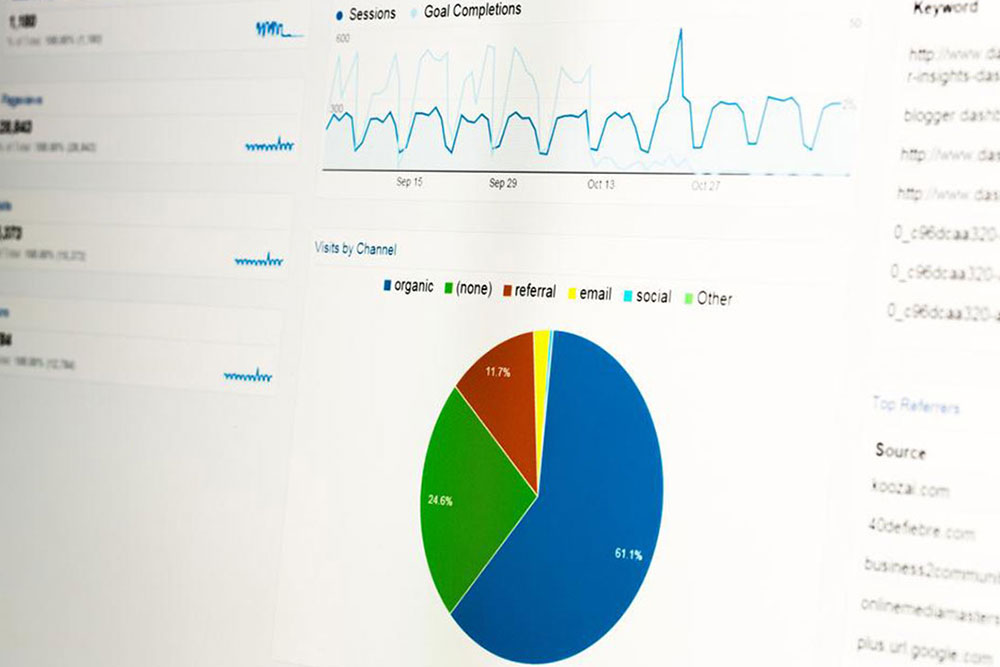Key Considerations Before Selecting a Data Analytics Solution
Discover essential questions to consider before choosing a data analytics platform. Learn how analytics works, the benefits of analytics software, and explore top tools tailored for organizations of all sizes. Make smarter, faster decisions with the right analytics solution that fits your business needs.
Sponsored

Key Questions to Ask When Choosing a Data Analytics Platform
Organizations of all sizes harness vast amounts of data to drive strategic decisions. Data analytics tools simplify the collection, organization, and analysis of this information. These platforms empower employees at various levels to generate reports, monitor metrics, and deliver insights efficiently. An effective data analytics solution streamlines workflows and boosts productivity. Continue reading to understand critical questions to consider before selecting the ideal analytics software for your organization.
Understanding How Data Analytics Works
All analytics systems follow three essential steps to process and manage organizational data.
These steps include extracting data from multiple sources, transforming it into a uniform format, and storing it in a centralized repository known as a data warehouse.
Data from different departments may originate from spreadsheets, databases, or operational systems. The first step involves extracting this data on a regular schedule, often daily.
The extracted data may have differing formats. Analytics tools process or convert this information into a consistent structure to facilitate meaningful analysis.
The transformed data is stored in a data warehouse—a large-scale server or cluster spanning multiple locations. From there, analytics platforms present the insights to users via various reporting and visualization tools.
Reasons to Adopt Data Analytics Software
Rapid Decision-Making: Equipped with analytics tools, teams can swiftly make informed decisions based on historical data, live updates, forecasts, and trend analysis.
Faster Data Retrieval: Interactive dashboards and reports allow users to quickly answer queries related to business operations without sifting through extensive paper records.
Instant Key Metric Access: Many analytics platforms support mobile access, enabling stakeholders to review performance indicators anytime, anywhere.
Popular Data Analytics Software Options
Tableau: Recognized for its intuitive interface, Tableau offers robust data visualization capabilities. Users can create interactive dashboards, share insights, and perform analysis on desktop or mobile devices.
Power BI: Developed by Microsoft, Power BI provides accessible and customizable analytics tools ideal for organizations seeking seamless integration with existing Office products.
Qlik Sense: Known for its associative data model, Qlik Sense facilitates quick data exploration and insight discovery through flexible, user-friendly interfaces.
: A web-based analytics platform that allows teams to develop personalized reports and dashboards, enabling tailored data analysis and easy sharing across departments.
Best Choices for Small Business Analytics Tools
Zoho Analytics: This cloud-based solution offers pre-designed dashboards and scheduled reporting, scalable to fit small business growth needs.
Metabase: An open-source analytics platform with simple dashboards and straightforward data exploration features, suitable for small teams.
Google Data Studio: Free, web-based reporting tool that integrates effortlessly with Google products, enabling small businesses to visualize and share data effortlessly.
Cyfe: An all-in-one business dashboard platform that consolidates data from multiple sources into visual reports, suitable for small enterprises seeking quick insights.






